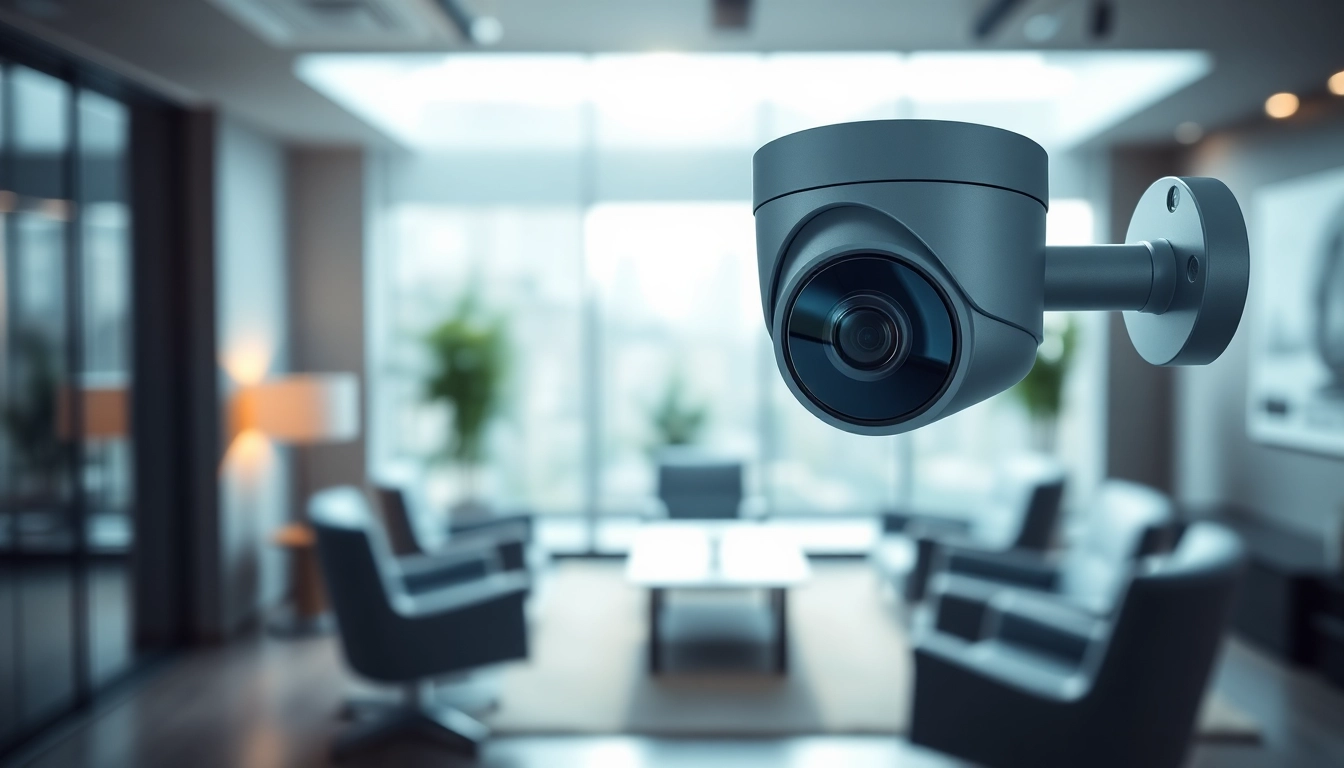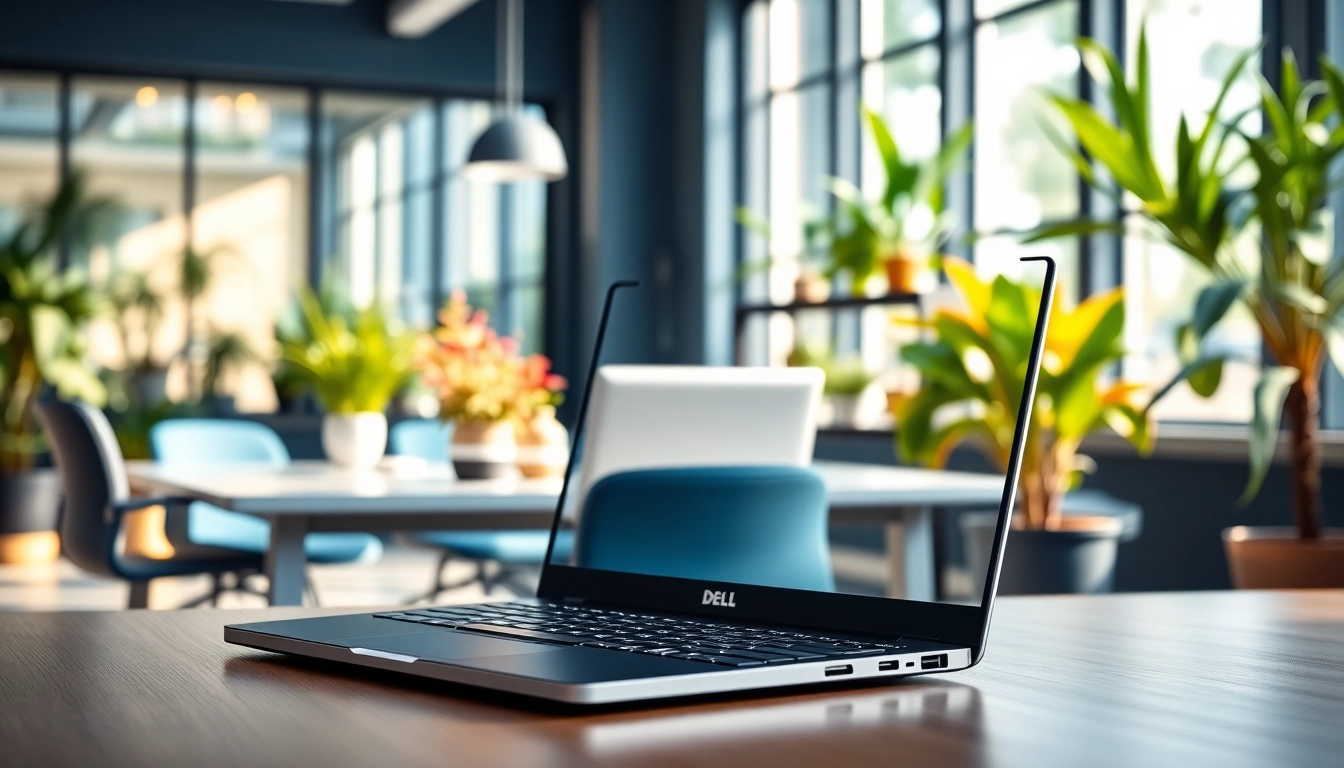In an increasingly digital world, security has become a top priority for individuals and businesses alike. With the rise of crime and the need for surveillance, the demand for CCTV Camera systems has surged. Understanding the ins and outs of these systems is crucial for making informed decisions about security solutions. This article delves into the basics of CCTV cameras, their benefits, key factors to consider when selecting one, best installation practices, and methods for evaluating performance.
Understanding CCTV Camera Basics
What is a CCTV Camera?
A Closed-Circuit Television (CCTV) camera is a surveillance device that transmits video signals from a specific location to a restricted set of monitors. Unlike broadcasting systems, CCTV transmits its signals through private channels, making it a powerful tool for security and surveillance. Originally developed for monitoring public spaces, CCTV cameras have now become widely adopted in residential properties, workplaces, and educational institutions.
How Does a CCTV Camera Work?
CCTV cameras operate by capturing video footage through an integrated lens that focuses on the area being monitored. This footage is then converted into analog or digital signals. Once transmitted, these signals can be sent to a recording device, such as a Digital Video Recorder (DVR) or Network Video Recorder (NVR), or viewed in real-time on monitors. The working of a CCTV camera can be broken down into several key components:
- Lens: Captures the visual image.
- Sensor: Converts the lens image into an electrical signal.
- Processor: Analyzes and encodes the signal for storage and transmission.
- Transmission Medium: Can be wired (coaxial or ethernet) or wireless.
- Storage: Video footage is recorded onto digital storage for later review.
Types of CCTV Cameras Available
CCTV cameras come in various types, each serving a specific purpose. Understanding these types can help you choose the right camera for your security needs:
- Dome Cameras: Often used in retail environments, these cameras are known for their discreet design and ability to capture video in all directions.
- Bullet Cameras: Characterized by their cylindrical shape, bullet cameras provide a focused view and are ideal for outdoor settings.
- PTZ Cameras: Pan-Tilt-Zoom cameras allow for remote adjustment of the viewing angle, making them versatile for larger areas.
- Wireless Cameras: These cameras offer flexibility as they can be installed without the need for extensive wiring, perfect for locations where cables may be impractical.
- IP Cameras: Internet Protocol cameras transmit data over a network, providing high-resolution images and advanced features such as remote monitoring and cloud storage.
Benefits of Installing a CCTV Camera
Enhanced Security and Safety
One of the primary advantages of installing a CCTV camera system is the significant boost it provides to security. Whether at home, in a store, or at work, surveillance cameras can help deter potential criminals from targeting your property. The mere presence of a CCTV camera can act as a psychological deterrent, discouraging unlawful activities.
Deterrence Against Crime
Statistics demonstrate that properties equipped with CCTV cameras are less likely to be vandalized or burglarized. When criminals see cameras monitoring an area, they often seek easier targets elsewhere. This deterrent effect is a vital component of crime prevention strategies in both residential and commercial settings.
Remote Monitoring Capabilities
Modern CCTV camera systems often come with internet connectivity, allowing users to monitor their properties remotely via smartphones, tablets, or computers. This capability enhances security by enabling live surveillance and real-time alerts for unusual activities. Remote access can significantly improve reaction times during potential security breaches.
Factors to Consider When Selecting a CCTV Camera
Resolution and Image Quality
Not all CCTV cameras are created equal, and image resolution is a critical factor to consider. Higher resolution cameras, such as those offering 1080p or 4K quality, provide clearer and more detailed images, essential for identifying faces and license plates. When selecting a camera, consider the specific requirements of the monitoring area and the level of detail you need.
Night Vision and Low Light Performance
Most security incidents occur in low-light conditions. Therefore, choosing a CCTV camera with excellent night vision capabilities is essential. Cameras with infrared (IR) technology can capture clear images in total darkness, ensuring surveillance continuity regardless of lighting conditions. Look for cameras that specify low-light performance ratings or the presence of color night vision for the best results.
Cost-Effectiveness of Different Models
The cost of CCTV cameras can vary significantly based on features, image quality, and brand. When evaluating models, it’s crucial to weigh the cost against their functionality and your security needs. High-quality cameras may have a higher upfront cost, but their durability and effectiveness can lead to long-term savings by preventing potential losses from theft or damage.
Best Practices for CCTV Camera Installation
Choosing the Right Location
When it comes to CCTV camera installation, location is essential. Cameras should be strategically placed to maximize coverage while minimizing blind spots. Common placement areas include entrances, exit points, and high-traffic zones. Additionally, mounting cameras at heights out of reach can help prevent tampering or vandalism.
Proper Wiring and Power Supply
Electrical considerations also play a significant role in CCTV installation. Ensure that all cameras are adequately powered, whether using direct wiring or batteries. For wired systems, using high-quality cables and connectors can reduce signal interference and maintain video quality. If utilizing wireless cameras, ensure a reliable network connection is available.
Regular Maintenance and Upkeep
Routine maintenance of CCTV systems is vital for ensuring their effectiveness. Regularly check camera lenses for dirt or obstructions, verify that networking equipment is functioning properly, and review stored video footage periodically. Staying on top of maintenance can help identify potential issues early on and keep the system working optimally.
Evaluating CCTV Camera Performance
Measuring Viewing Angle and Coverage
Understanding the coverage area of your CCTV camera is crucial for security effectiveness. Most cameras have specifications that outline their viewing angles, typically ranging from 60 to 130 degrees. For optimal coverage, strategically assess areas of interest and use multiple cameras if necessary to cover larger spaces.
Analyzing Recorded Footage Quality
Evaluating recorded footage quality is essential to ensure that your CCTV system meets your security needs. Periodically reviewing footage can help in assessing the performance of your cameras and ensuring that they capture clear and usable video. Take note of any deficiencies and adjust settings as needed to maintain high-quality recordings.
Adjusting Settings for Optimal Functionality
Many CCTV camera systems come equipped with adjustable settings that can enhance performance. These include adjusting resolution, frame rate, and motion detection sensitivity. Fine-tuning these settings can greatly improve your system’s effectiveness. It’s advisable to familiarize yourself with the camera’s software or interface to make the most out of its features.
Conclusion
In conclusion, CCTV cameras play an integral role in modern security systems, offering numerous benefits like enhanced safety, crime deterrence, and remote monitoring capabilities. Understanding the various types, their functionalities, and best practices for installation can ensure optimal performance. By carefully evaluating your specific surveillance needs and keeping up with maintenance, you can maximize your investment in CCTV technology, providing greater safety and peace of mind.



